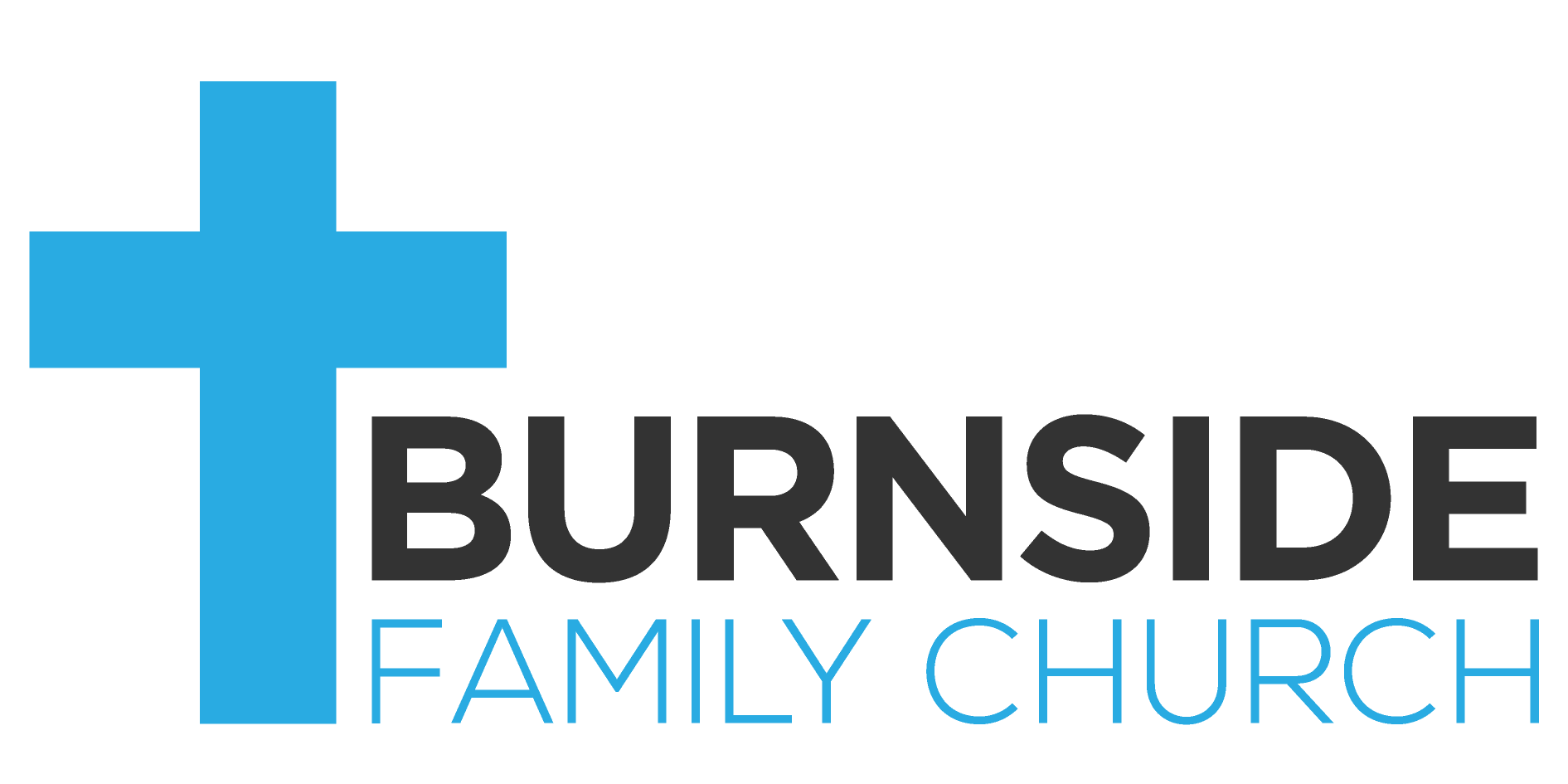Matthew 6:1-6 & 16-18 - Be Genuine - by Jeff Byerley
Study on Matthew 6: 1-6 & 16-18 “Be Genuine”
Outline of Passage
6:1 Beware of practicing your piety before others.
6;2-4 The right way to give.
6:5-6 The right way to pray.
6:16-18 The right way to fast.
Our Reflections
1. What is the key verse to this whole passage of Jesus’ teaching?
2. Why does Jesus refer to these people as “hypocrites”?
3. What did Jesus mean “Truly I tell you they have received their reward” (vv3, 5 & 16) ?
4. What about letting your light shine before others (Matt 5:16)? Is this contradictory?
5. What does Jesus mean when he says “But when you give alms, do not let your left hand know what the right hand is doing”? (V 3)
6. Are we really in danger of falling into these errors?
7. How are our heavenly rewards different from that of hypocrites(v 6)?
Our Conclusions
The Lord's Prayer covering verses 7-15 really needs a separate session to cover it all, so this will be looked at next time.
In Matthew chapter 5 Jesus taught that our righteousness must be greater than the Pharisees because their obedience was only to the law, whereas ours is to be from the heart. In other words theirs could be purely superficial whereas ours must be genuine.
1. What is the key verse to this whole passage of Jesus’ teaching?
We felt that it was verse 1. “Beware of practicing your piety before others in order to be seen by them for then you have no reward from your Father in heaven. Jesus then illustrates this principle by focusing on 3 main traditional practices: giving, praying and fasting. Your piety or ‘acts of righteousness’ are generally regarded as whatever you do that are or are seen to be for the sake of God and include ‘your good deeds’.
2. Why does Jesus refer to these people as “hypocrites”?
The Greek word here is ‘hupokrites’ {hoop-ok-ree-tace'} from where we do actually get the word hypocrite. It originally meant just an actor using a mask. However, it came to be more widely used for any pretenders.
3. What did Jesus mean “Truly I tell you they have received their reward” (vv3, 5 & 16) ?
Jesus says ‘truly’ three times. He also refers to receiving their reward in the past tense; “they have received their reward”. The reward they were after was the praise of the crowd rather than God and they had received it. In the commercial transactions of the day, a merchant would often write the Greek word “apechein” on a paid bill, meaning ‘received payment in full’. This indicated that there was nothing more due and indeed nothing more would be given. So, there would be no heavenly reward for these hypocrites.
4. What about letting your light shine before others (Matt 5:16)? Is this contradictory?
We felt one is addressing the temptation to be cowardly and hide God’s glory. The remedy is to show God’s glory. The other is addressing the temptation of human vanity to show one’s own glory. The remedy in that case is to hide one’s own glory. As A B Bruce says in his commentary “we are to show when tempted to hide and to hide when tempted to show”. The answer is always to give glory to God.
5. What does Jesus mean when he says “But when you give alms, do not let your left hand know what the right hand is doing”? (V 3) see vv2 & 4.
It emphasizes the level of secrecy to be applied and certainly not drawing attention to it. As few a people as possible should be aware of it. That is, it is on a need to know basis only. If no-one else needs to know, don’t raise it.
6. Are we really in danger of falling into these errors?
Jesus stressed the danger as a very real one by his three examples. The target of his warnings about hypocrites were usually the Pharisees. Yet the Pharisee movement was originally a sincere one, where people wanted to stand up for the faith. Religion had to be real. Two hundred years later this had degenerated to the performance of external acts. Doing good deeds as motivated purely by love of God was not really considered. This was not an idle threat but a real danger about which Jesus was warning his followers. Back in verse 1 he began this warning with the word “beware”. The Greek word is “prosecho” {pros-ekh'-o}and it means take heed, pay attention. It was used to describe a captain bringing his ship towards land. So it means be on your highest alert.
7. How are our heavenly rewards different from that of hypocrites(v 6)?
The rewards hypocrites seek are temporary and self serving whilst, our rewards are eternal and seeking God's glory. For Jesus true believers he says in Matt. 5:12 “Rejoice and be exceedingly glad, for great is your reward in heaven!” Thus we are pilgrims in this world, but very conscious that we are citizens of heaven, to which we look forward. However, even. in this world our reward is our relationship with the Father, Son and Holy Spirit and meanwhile, spiritual blessings are lavished upon us (Eph. 1:3-14). How blessed are we!
Prayer Heavenly Father, We thank you for your great love for us that you sent your precious son, our Lord Jesus Christ to die on the cross for our salvation. We thank you for his emphatic warning about the real dangers of letting our lives be taken over by the desire for human praise rather than living our lives for you and the reward of eternal life with you. In Jesus' Name Amen.
